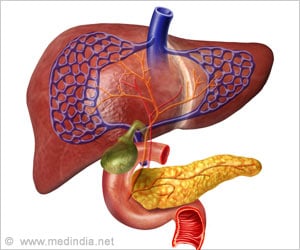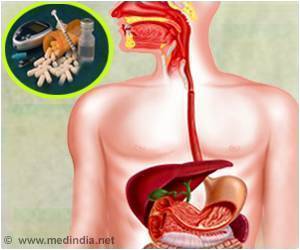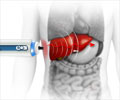
‘A new mechanism through which the liver hoards up extra fat from sources other than alcohol has been discovered by Indian researchers.’
Tweet it Now
They have also identified a brand new drug target for potential therapy for the disease, that tends to develop in people who are overweight or obese or have type-2 diabetes. Moreover, a significant number of NAFLD patients progress to the most extreme form of the disease called non-alcoholic steatohepatitis (NASH), an irreversible clinical condition that causes the liver to swell and become damaged and trigger cirrhosis in adults.
The senior researcher Partha Chakrabarti's research group along with Saikat Chakrabarti's laboratory at Indian Institute of Chemical Biology, a unit of CSIR, decided to take a shot at the silent, crippling disease that evolves over decades, its prevalence advantaged with low public awareness.
They literally copped their eyes on to the cell's protein degradation machinery to zero-in on the target protein COP1.
"Multiple molecular mechanisms believed to cause NAFLD have been put forward over the years. However, we identified a hitherto unknown mechanism for the control of liver fat," Chakrabarti, Cell Biology & Physiology Division at the institute told IANS.
Advertisement
The study has been published in the journal Diabetes, from American Diabetes Association (ADA).
Advertisement
Source-IANS














